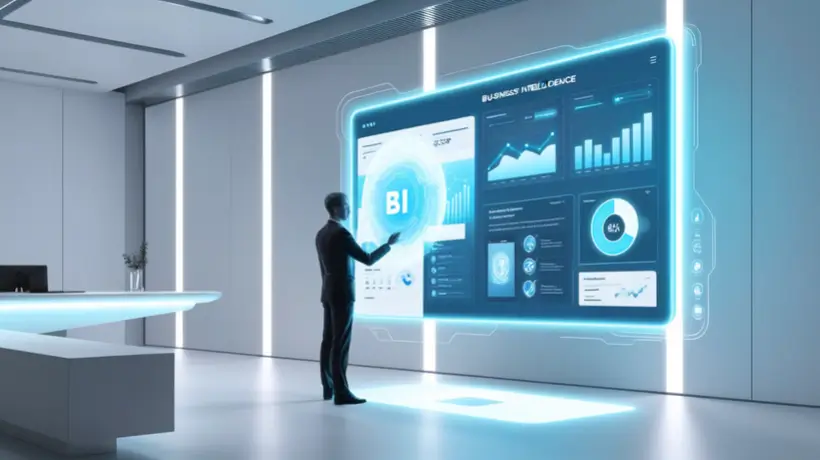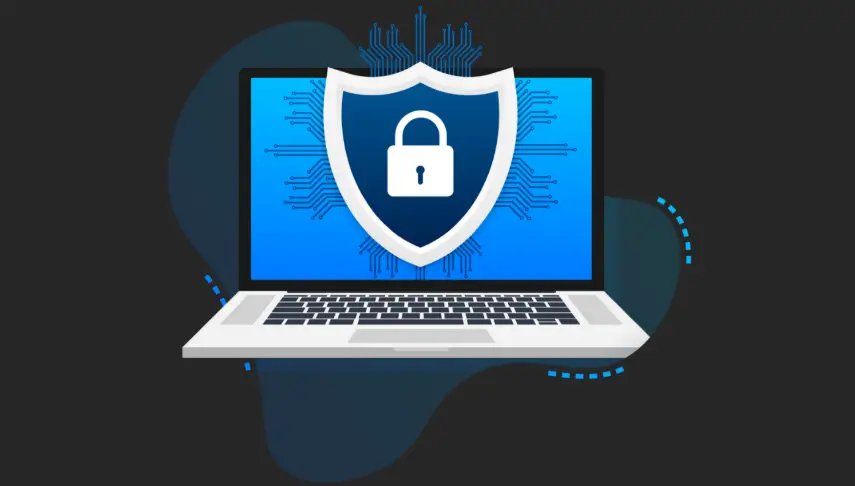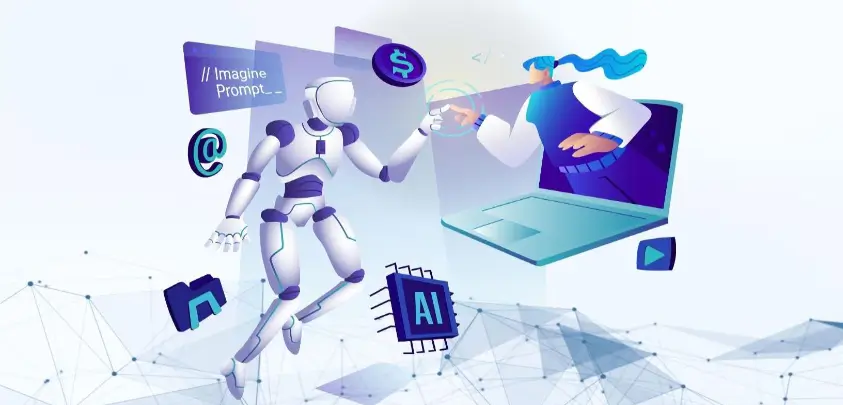THE FUTURE OF BUSINESS INTELLIGENCE (BI): TOWARDS ARTIFICIAL INTELLIGENCE-BASED DECISION MAKING
Business intelligence (BI) has come a long way, and its future looks brighter than ever. As businesses continue to mine massive amounts of data, BI tools are evolving to provide more accurate, predictive and accessible analysis. This article explores the key trends that will shape the future of BI and how businesses can prepare for this transformation.











